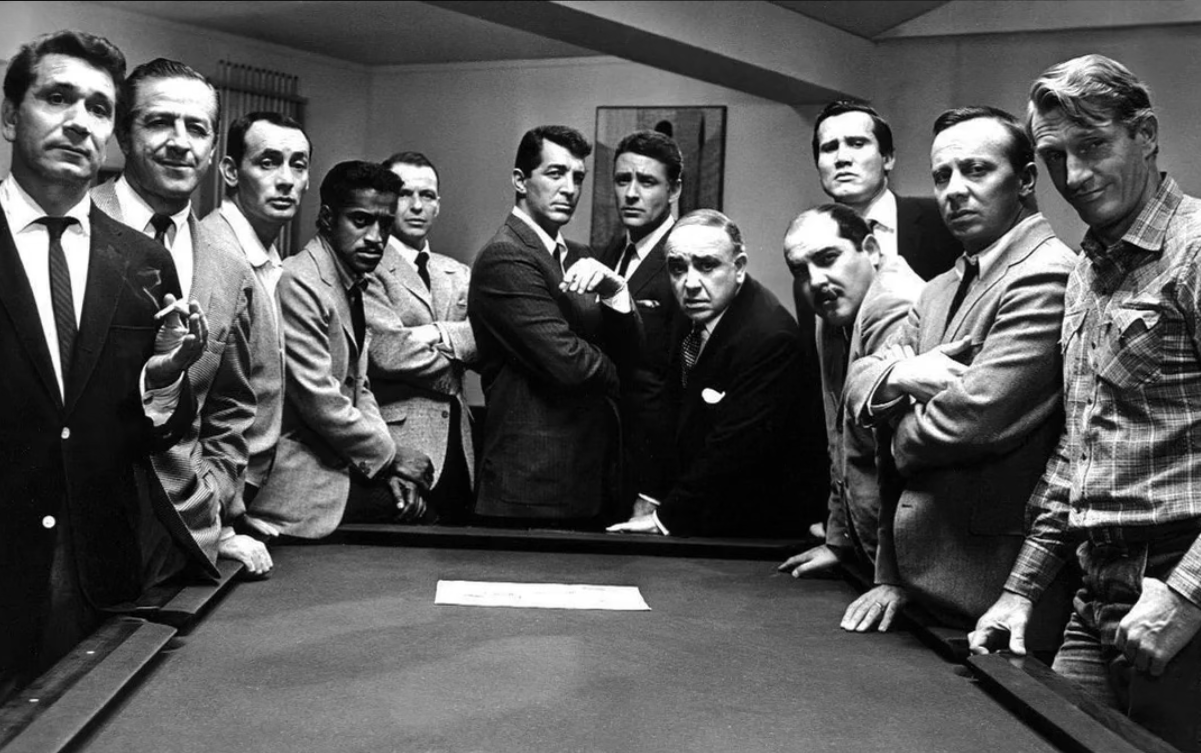Throughout our lives we’ll meet countless people. However, only a few of them will be present with us every day; and it is they who we must choose carefully, because these select individuals are the ones whose influence dictates the outcome of our lives.
In the much-loved Aesop’s Fables, one can always find an allegory to help guide them through a particular social situation they find themselves in. Here, a relevant fable called “The Farmer and the Stork”, warns us of the dangers of bad company, and shows what happens if we ignore such warnings:
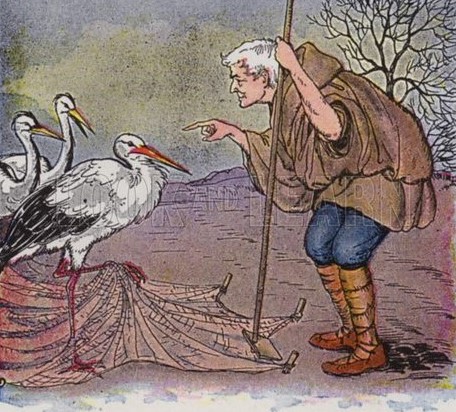
“A Farmer set a net out in his fields, to take the Cranes and Geese who fed upon his newly grown corn. He caught several of them, along with a Stork, who pleaded endlessly to be saved, because he was neither a Goose nor a Crane, but a poor, harmless Stork. “That may be very true,” replied the Farmer, “but as I have taken you in bad company, you must expect to suffer the same punishment.
We, too, ought to flee from the company of bad people so that no one takes us for the accomplice of their wrongdoings.”
It should be no surprise that if you are caught in bad company, the consequences they suffer for their misconduct will be suffered by you – no matter your involvement. Because to other people, who you associate with displays the type of person you are and the things you value.
The Power of the Group
Supporting this ancient fable, psychological research done in the 1950s by Solomon Asch further validates, not only the power of group, but just how malleable an individual’s behaviour is when pressured to conform by the members of it. After much testing and refinement, Asch conducted his famous experiment, which went as follows:
A test subject was brought into a room full of actors, where one actor stood at the front of the room as the speaker, seen in the image below.
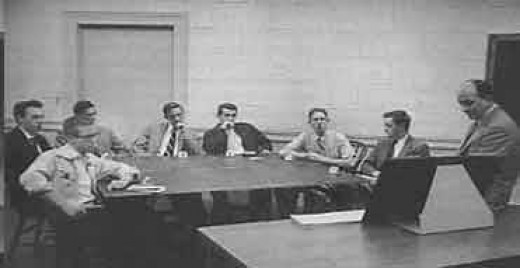
The speaker would then present the following cards and ask which of the objects were of the same length.
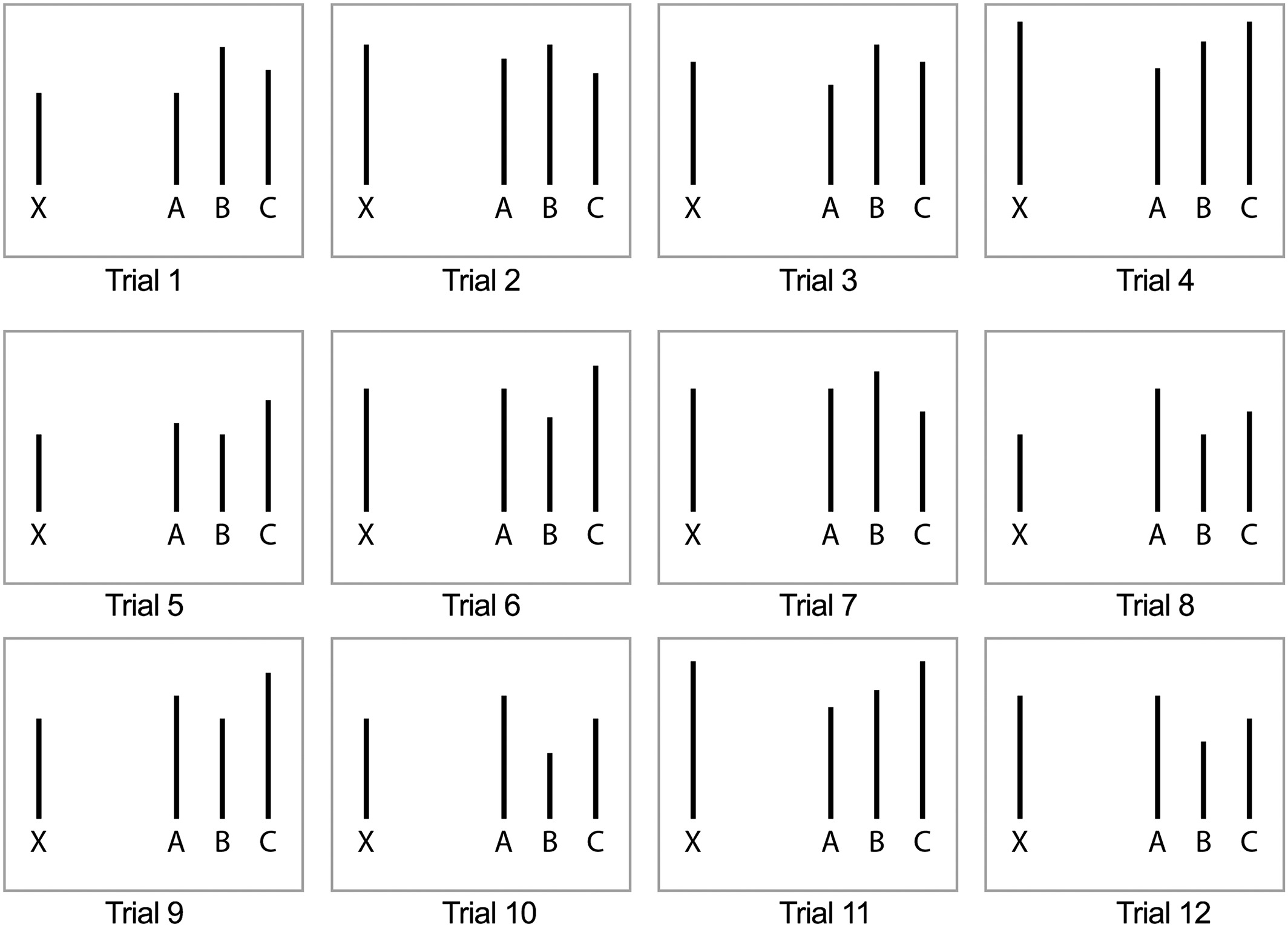
Initially, the subject and actors gave the right answer. However, as the questions continued, the actors began giving the same wrong answer together. As expected, the subject was confused and argued with them. But slowly, the subject argued less and gave the same answer as the actors did – even though it was wrong.
The fact that the participant changed their answer to fit in with the group shows how consequential the people around you are in moulding what you think to be right or wrong. This discovery was termed the Asch Paradigm, and from it, we can understand why learning to think for ourselves is critical – since at any point in life we’re going to be in a group, whether it’s at work, among family, or more broadly, the country we’re in.
The Modern Dilemma
The world we face today is not the one our ancestors ever thought would happen. No longer are we in our own tribes, managing our own farms, or living in separate communities. All of that is gone. Whether we want it or not, everyone is connected now. Our economy, entertainment, communications, travel, and so on. Even if you, an individual, decides to walk your own path, you are still affected by the actions taken of the broader population and the consequences that follow.
If you doubt this, you need only to look at the global response during the pandemic. Within the space of a month, almost every country on earth reacted in tandem, shutting down businesses and activities, forcing citizens to be locked in their homes, willingly or not, and conducted a level of digital and biological surveillance that was once only the fantasies of fiction. Never in history has almost the entire human race been subjugated to one single coordinated decision – and all at the same time.
To visualise the extent of this event, the image below shows each country’s reaction by mid-April 2020, and if anyone wasn’t in the green or white locations, then they experienced this.
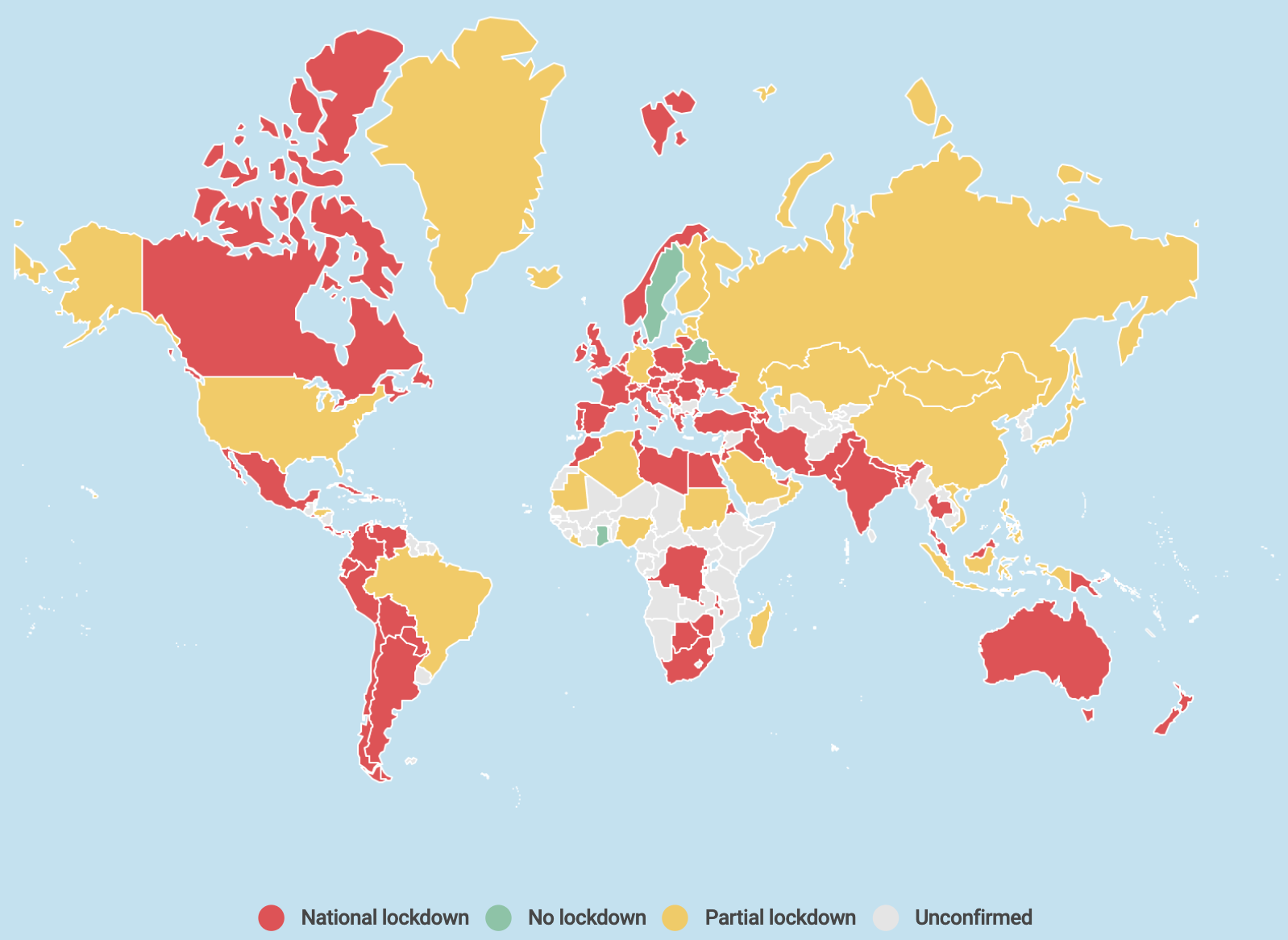
In a world where the entire population has some influence over you, where everyone acts as one big crowd, imitating the person next to them, the best thing for you to do is to use this circumstance to your advantage and train yourself to think independently.
For the former, you now have the capacity to change your environment unlike our ancestors, and can tailor which media and information you consume, which people you want to connect with, and deciding which places you want to spend the most time. For the latter, you should access the available knowledge from wise thinkers of the past, learning the insights they discovered, and understand the tools of logic and psychology to further develop your ability to practice sound reasoning on your own.
The Company You Keep
From everything, it’s clear how significantly those around you influence your actions, your beliefs, and even how you’re perceived. It doesn’t matter if it’s your friends, classmates, colleagues, or relatives, the combination of any one of these will determine how your life is shaped. And it is you who decides which of them to spend more time with, and whose attitudes or perspectives will form the future choices you make. Overall, however, the lesson is clear: careful the company you keep.
Written by: Jacob Tarlington

